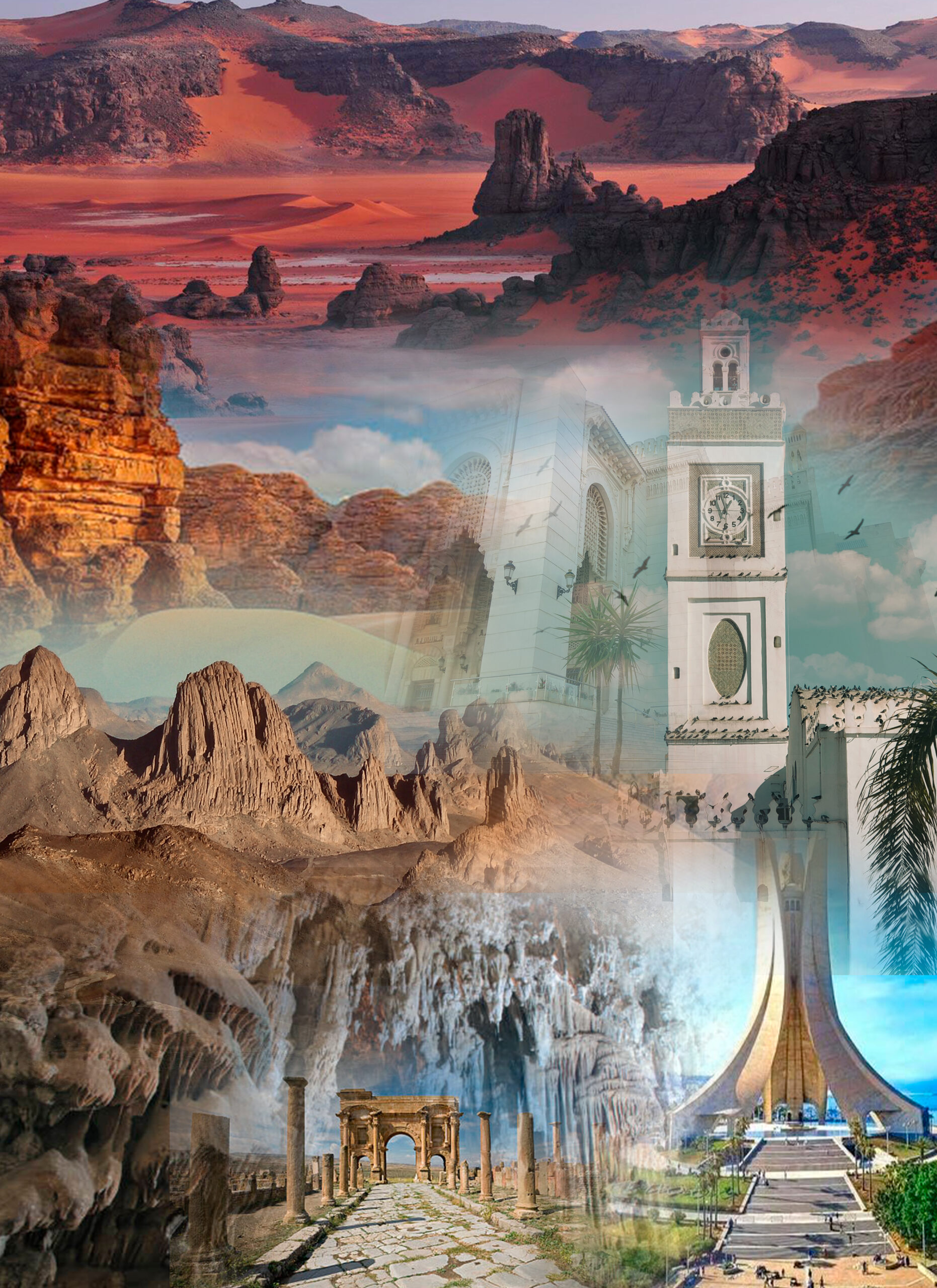Uncover the Riches of Lebanon’s Northern Gem

Introduction:
Nestled on the shores of the Mediterranean Sea, Tripoli, located in the northern region of Lebanon, beckons tourists with its captivating blend of history, culture, and natural beauty. As one of the oldest continuously inhabited cities in the world, Tripoli offers a fascinating journey through time, showcasing its historical significance, architectural wonders, and vibrant cultural scene. From its bustling souks to its pristine beaches, Tripoli promises an unforgettable experience for every traveler seeking to explore the treasures of Lebanon’s northern gem.
Historical & Religious Significance:
Tripoli holds a remarkable historical and religious significance. The city dates back to the Phoenician era and has witnessed the rise and fall of various civilizations. Visitors can explore the Citadel of Raymond de Saint-Gilles, an imposing fortress that provides panoramic views of the city and offers insight into Tripoli’s medieval past. The city also boasts a rich religious heritage, with the iconic Great Mosque of Tripoli standing as a testament to the region’s Islamic history.
Architecture & Landmarks:
Tripoli showcases a stunning array of architectural styles that reflect its diverse past. The old town, a UNESCO World Heritage site, is a labyrinth of narrow streets adorned with magnificent Ottoman-era mansions and traditional Lebanese houses. The Al-Mina Archaeological Site, with its ancient Roman ruins, offers a glimpse into Tripoli’s past as a bustling port city. Visitors can also marvel at the intricately designed Tripoli Clock Tower, an iconic landmark that stands as a symbol of the city’s resilience and progress.
Wildlife & Natural Splendor:
Tripoli’s location along the Mediterranean coast provides access to breathtaking natural beauty. The city’s pristine beaches, such as Palm Islands Nature Reserve, offer a tranquil escape where visitors can bask in the sun and swim in crystal-clear waters. Nature enthusiasts can explore the lush landscapes of nearby areas like the Kadisha Valley, known for its picturesque scenery and hiking trails. Tripoli is also a gateway to the Cedars of Lebanon, a majestic forest that has been revered for centuries.
Art, Education & Cultural:
Tripoli is a thriving hub of art, education, and culture. The city is home to renowned educational institutions such as the American University of Science and Technology, attracting students from around the world. Tripoli’s vibrant cultural scene can be experienced at the Rachid Karame International Exhibition Center, hosting exhibitions, concerts, and performances by local and international artists. The city’s numerous art galleries and workshops offer visitors the opportunity to immerse themselves in the region’s creative spirit.
Spirits and Gastronomy:
Tripoli tantalizes the taste buds with its diverse culinary offerings and vibrant spirits. The city is renowned for its delicious street food, from savory falafel and mouthwatering shawarma to freshly baked pastries and aromatic Lebanese coffee. Tripoli’s bustling souks are a food lover’s paradise, where visitors can indulge in traditional dishes and sample local delicacies. The city is also known for its traditional arak, a distilled anise-flavored spirit that is often enjoyed with mezze.
Events, Festivals & Activities:
Tripoli comes alive with a vibrant calendar of events and festivals. The Tripoli International Film Festival showcases the works of talented filmmakers from Lebanon and around the world, celebrating the art of cinema. The city’s annual Soap and Perfume Festival showcases the traditional soap-making techniques for which Tripoli is famous, along with exhibitions and cultural performances. Visitors can also partake in traditional activities such as olive picking or join a cooking class to learn the secrets of Lebanese cuisine.
Adventure & Exploration:
Adventure awaits in Tripoli for those seeking exploration. The city’s coastal location offers opportunities for water sports such as sailing, windsurfing, and jet skiing. History buffs can embark on archaeological tours to uncover Tripoli’s ancient past and visit nearby sites such as the ancient city of Byblos or the Crusader Castle of Saint-Gilles. Additionally, hiking enthusiasts can explore the nearby mountains and nature reserves, discovering hidden trails and breathtaking vistas.
Health, Wellness & Relaxation:
Tripoli provides a serene setting for health, wellness, and relaxation. Visitors can unwind on the city’s tranquil beaches, enjoy a leisurely stroll along the picturesque Corniche, or indulge in spa treatments and wellness therapies at the city’s luxurious resorts. The city’s hammams, or traditional bathhouses, offer a rejuvenating experience, where travelers can immerse themselves in the ancient art of relaxation and self-care.
Conclusion:
Tripoli, with its rich history, architectural wonders, vibrant culture, and natural splendor, is a destination that captivates the hearts of travelers. Whether exploring its ancient landmarks, savoring its delectable cuisine, or immersing oneself in its cultural festivities, Tripoli offers a captivating experience that combines adventure, relaxation, and a deep appreciation for the treasures of Lebanon’s northern gem.
©2024 | Authored by DocThomas.Art

